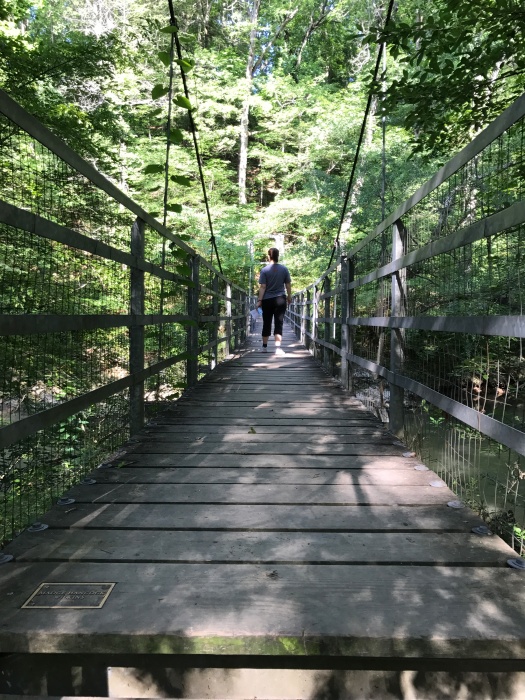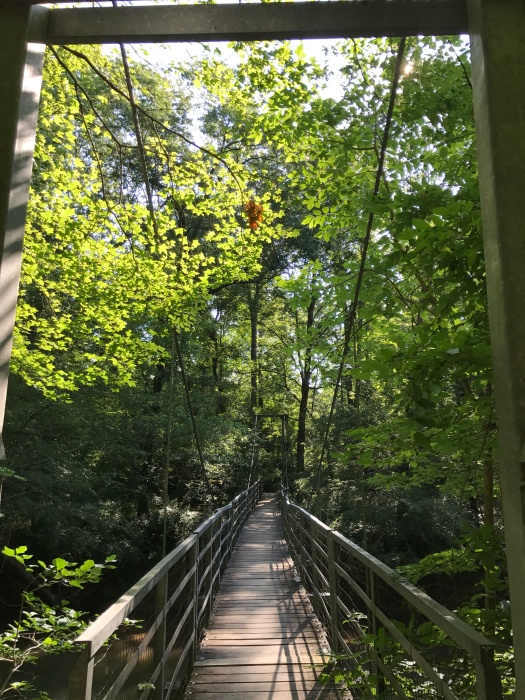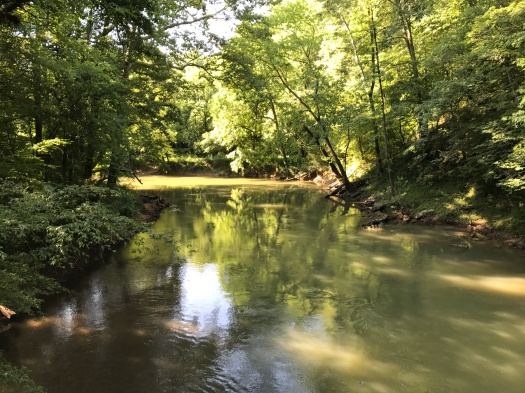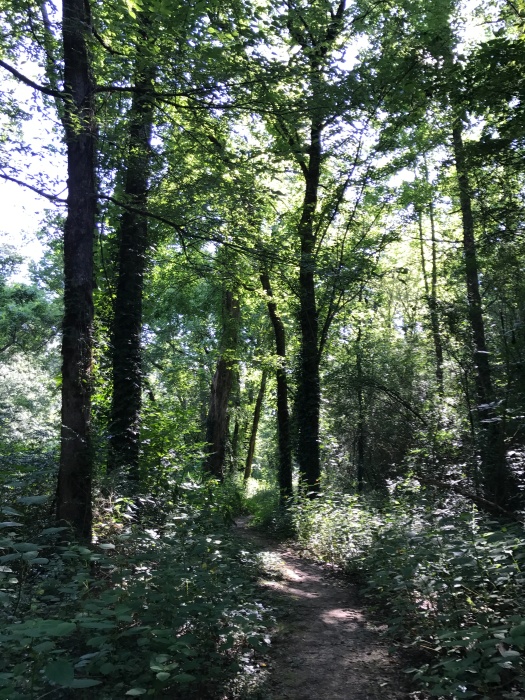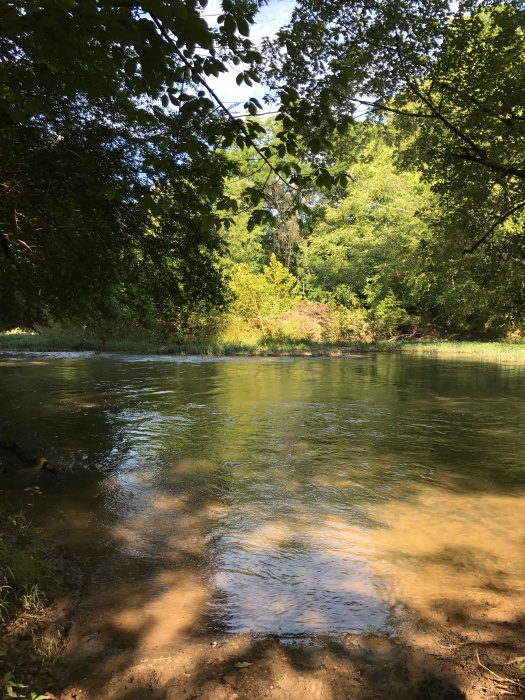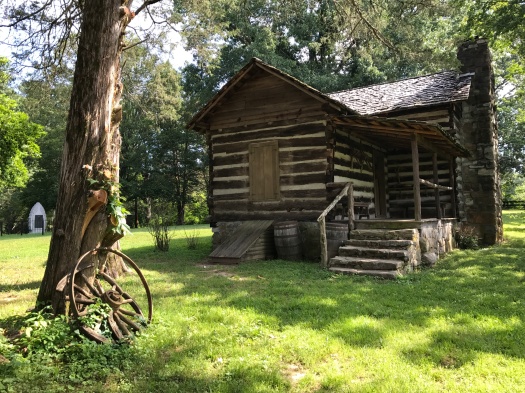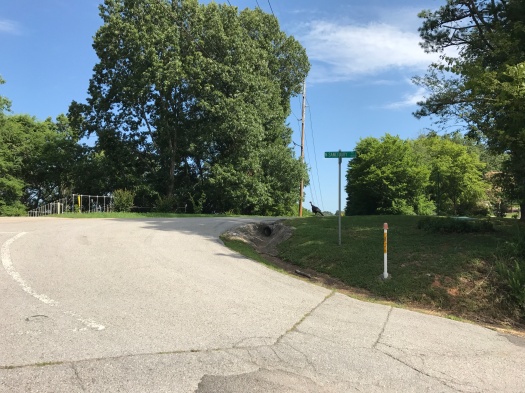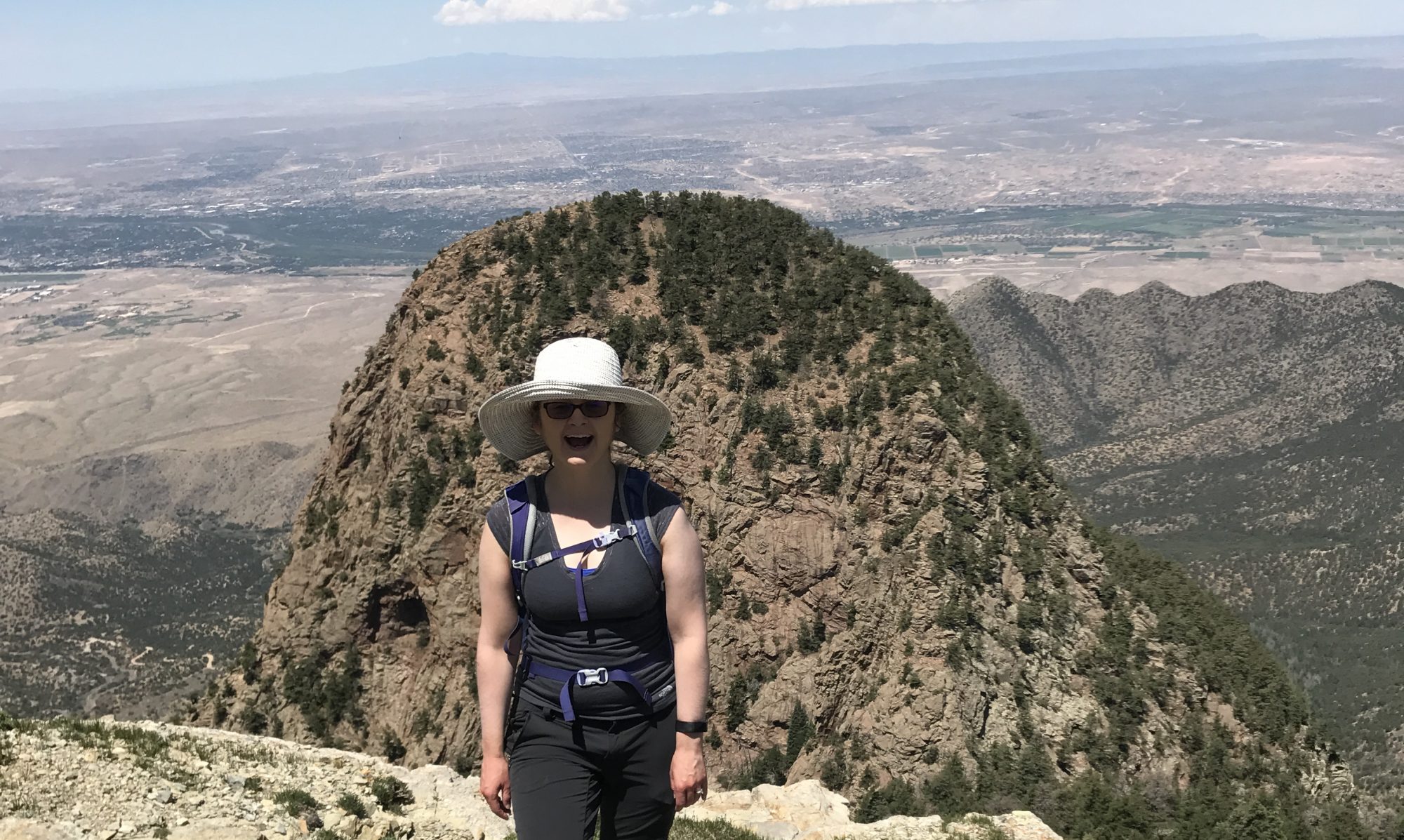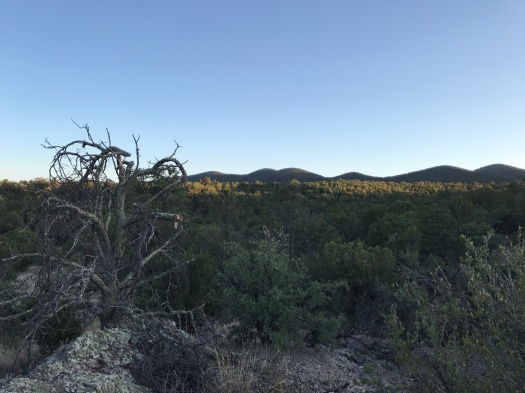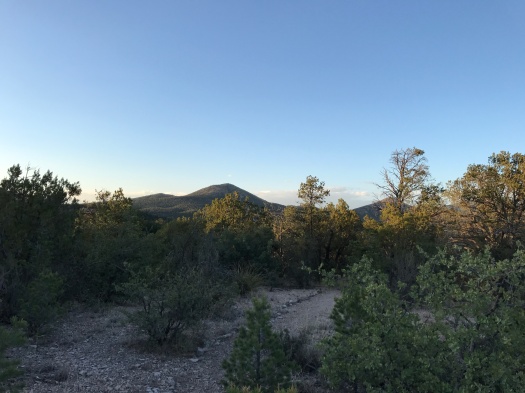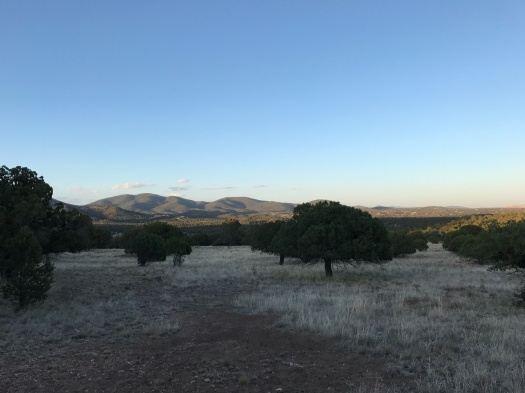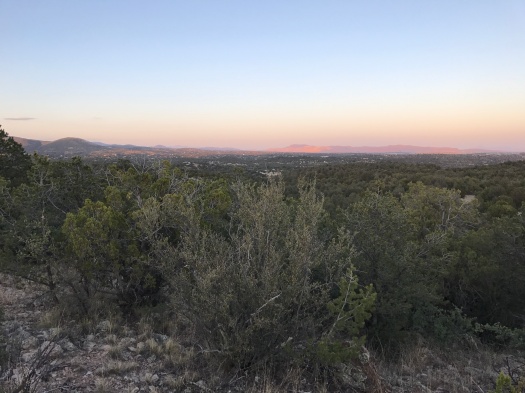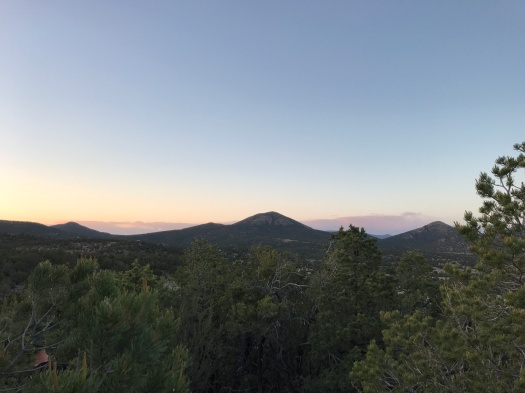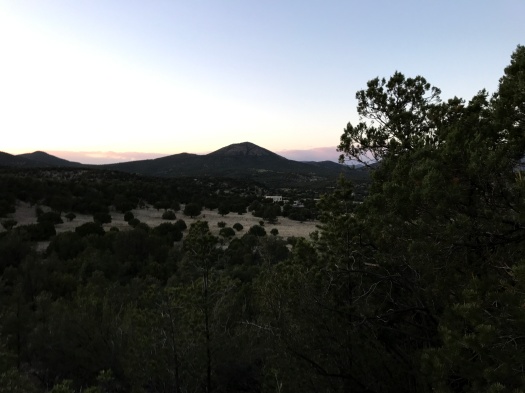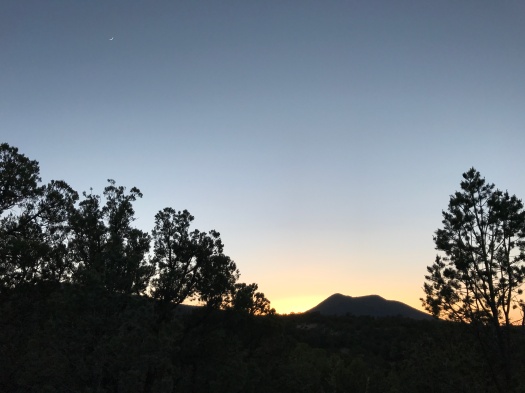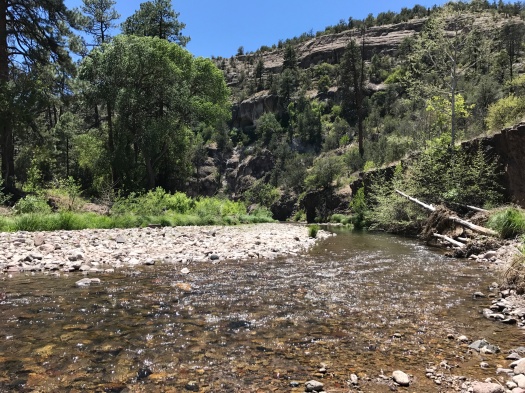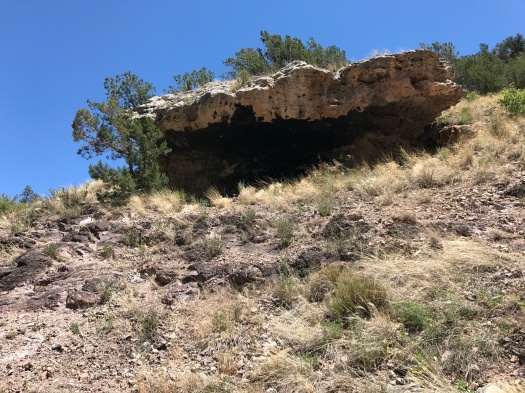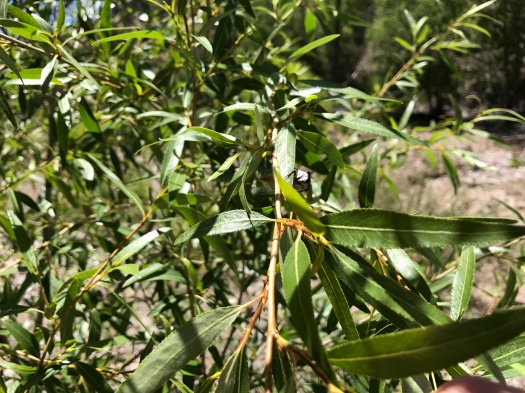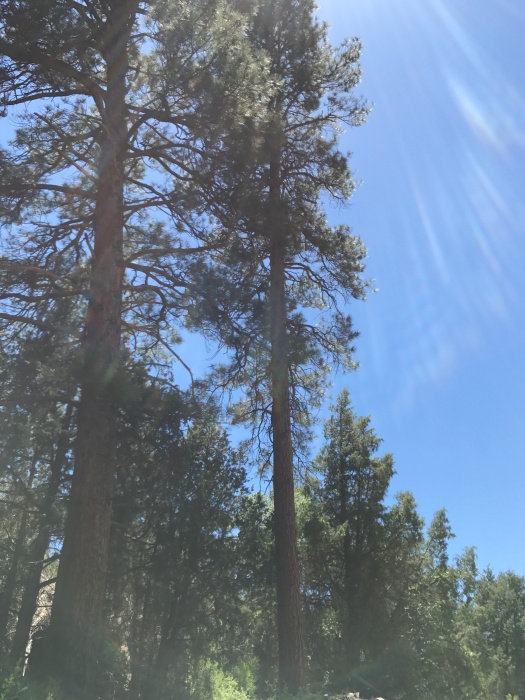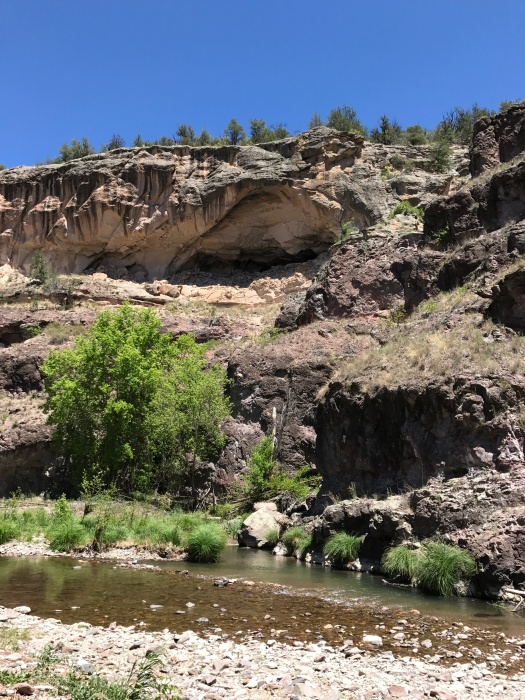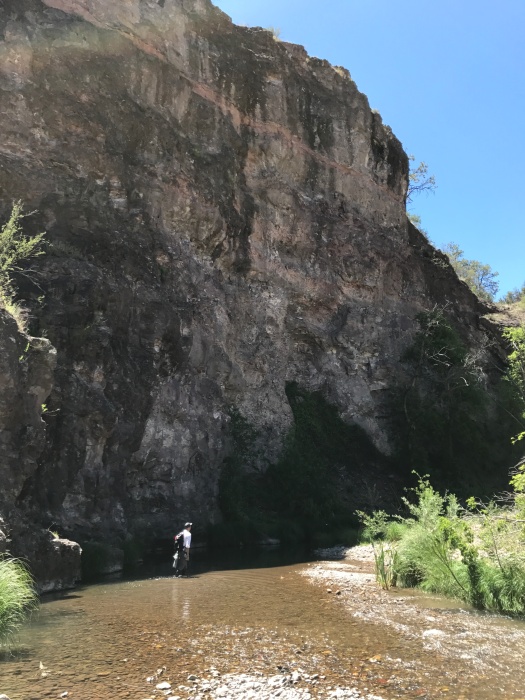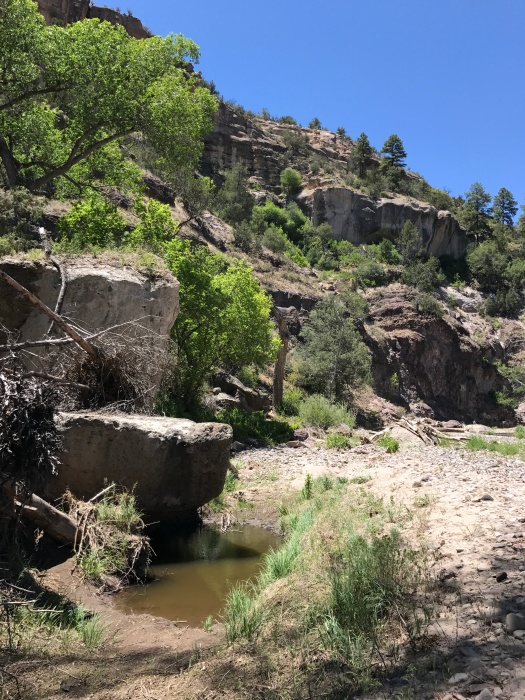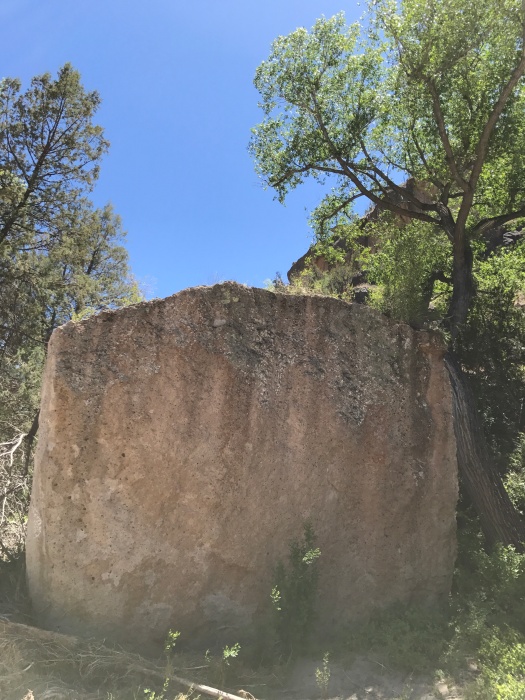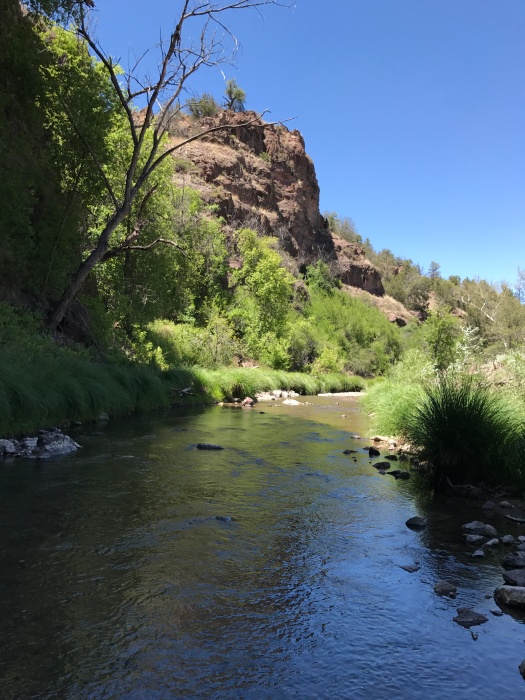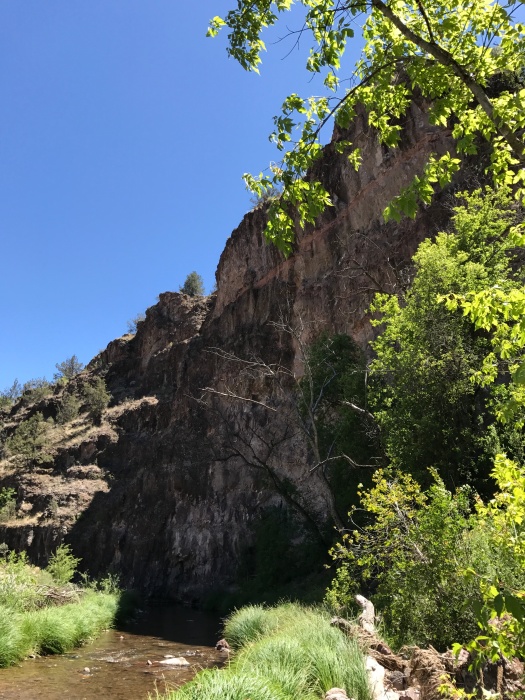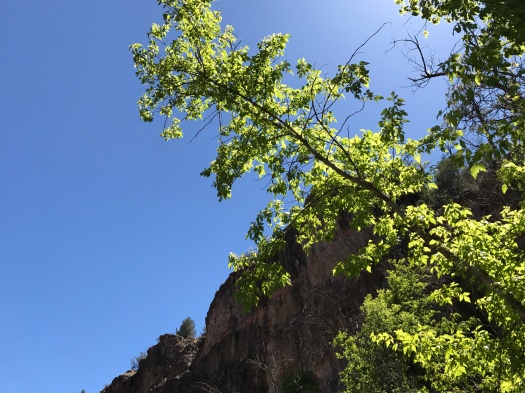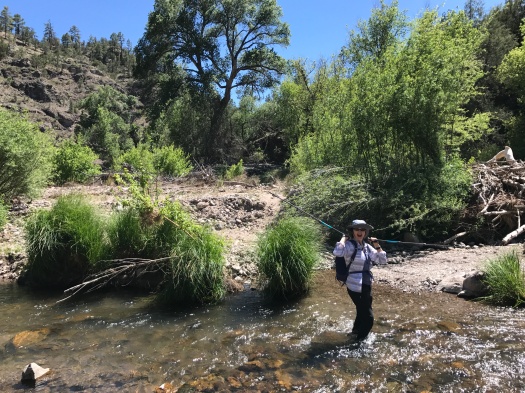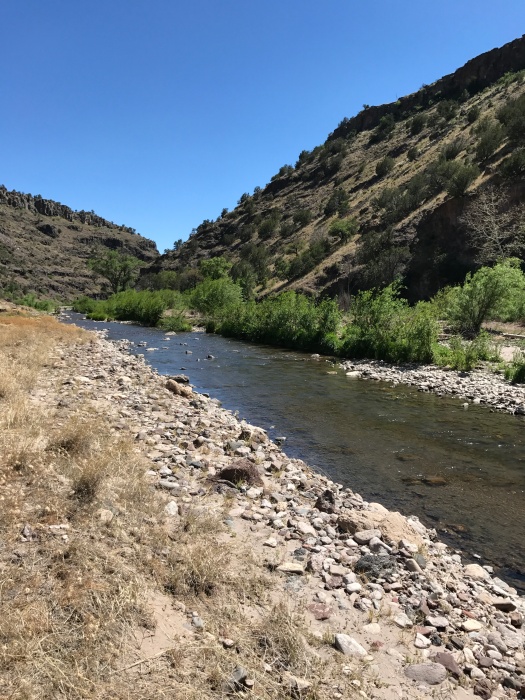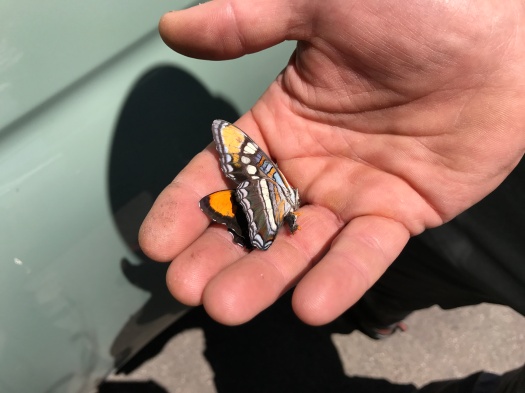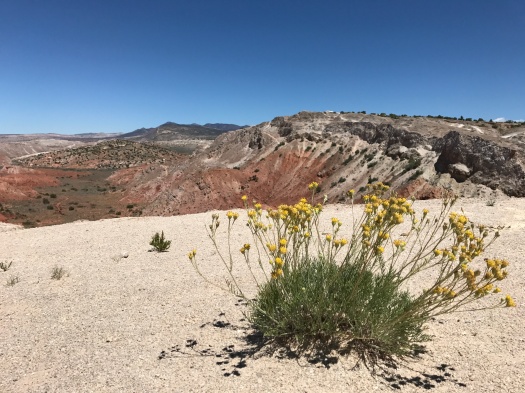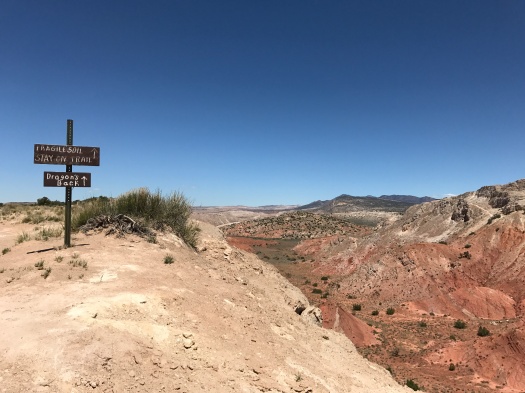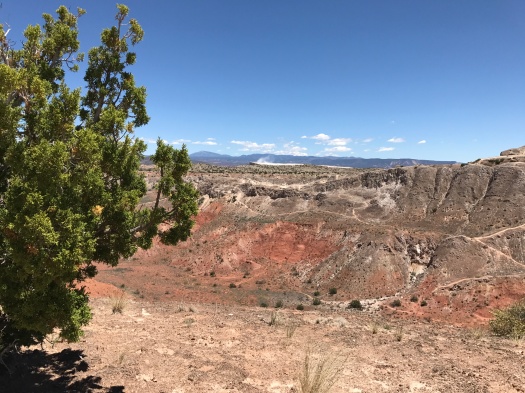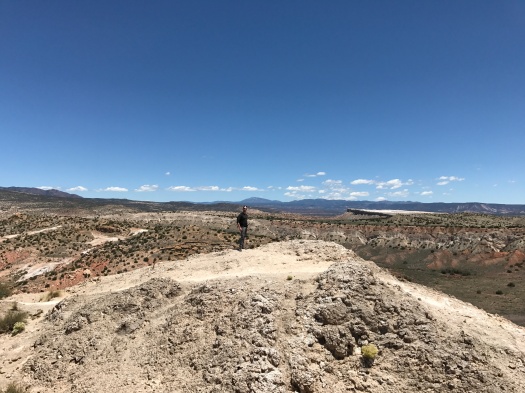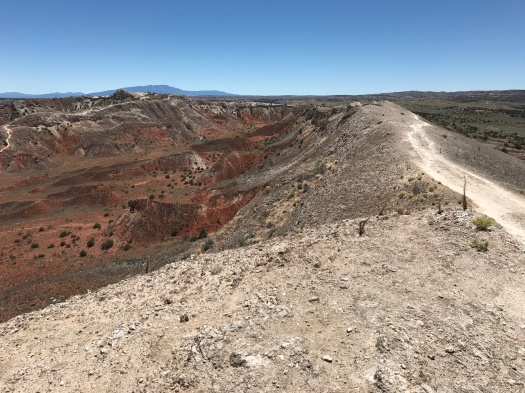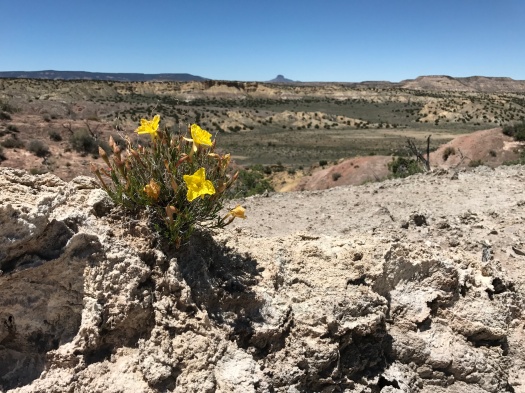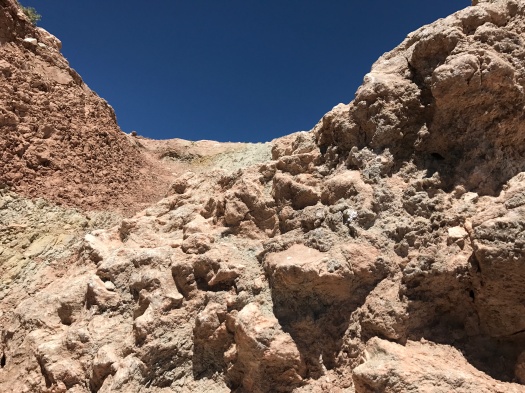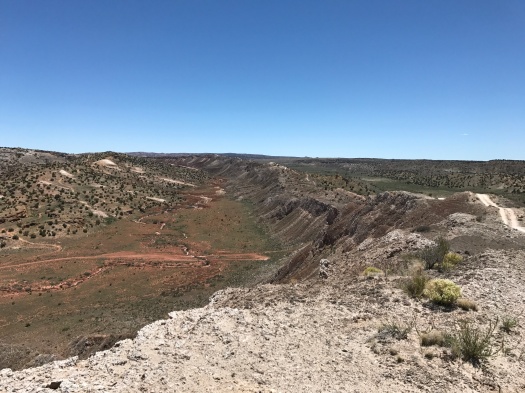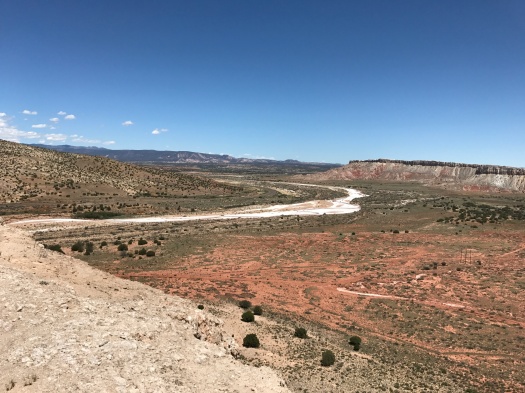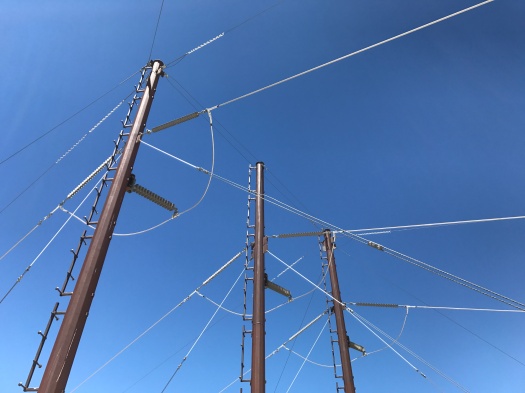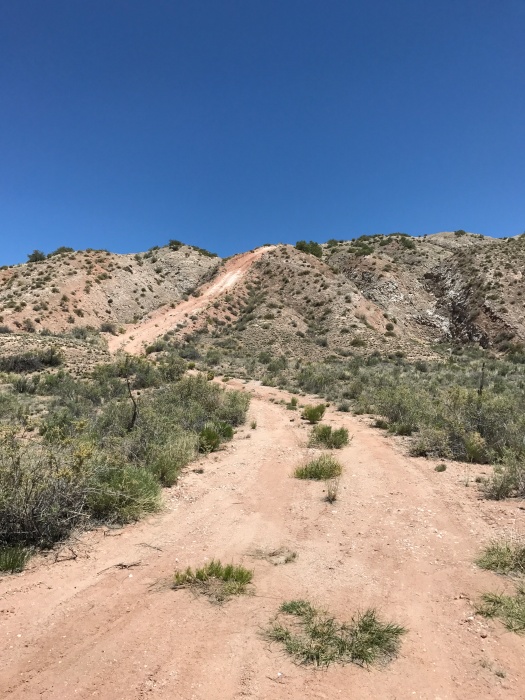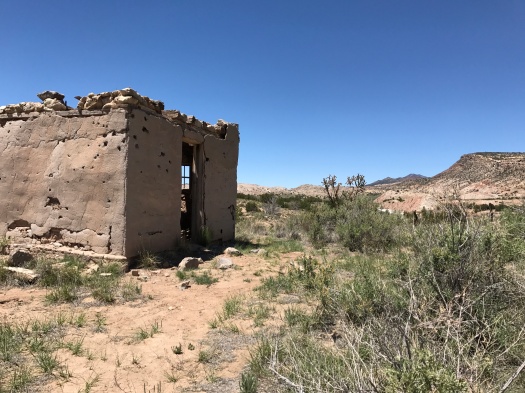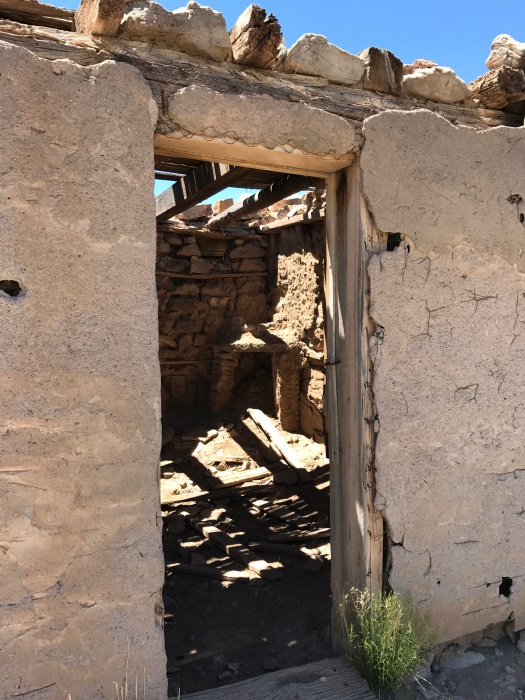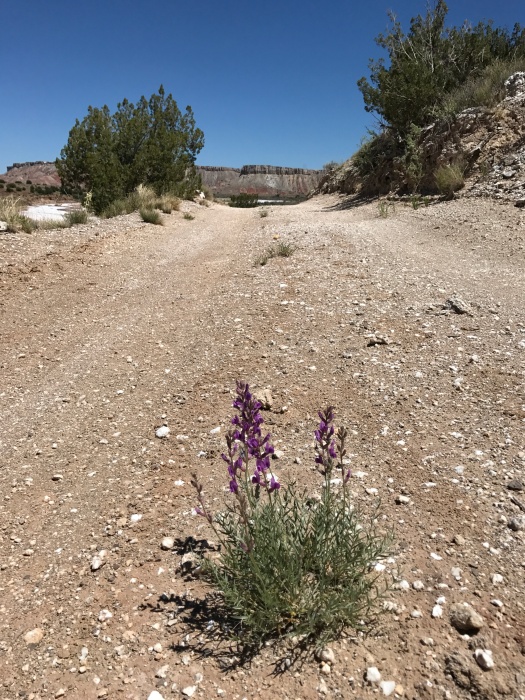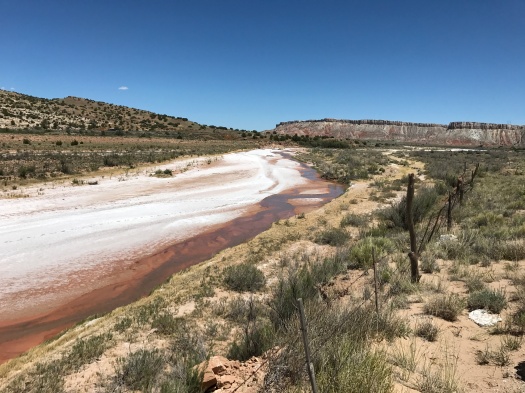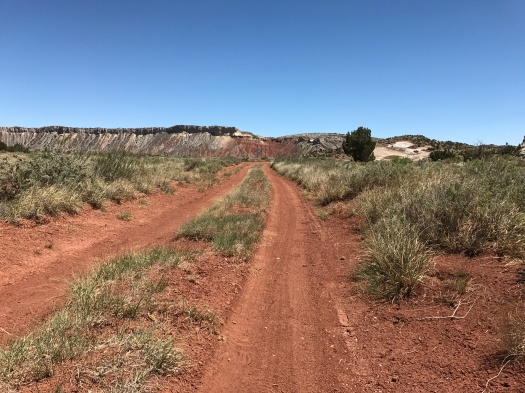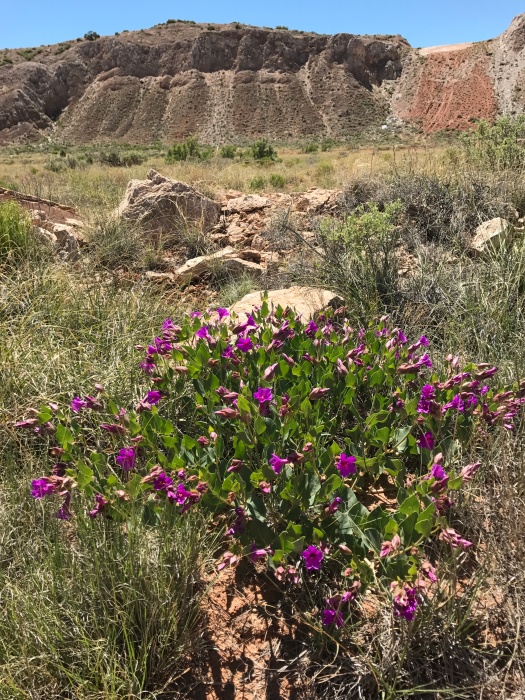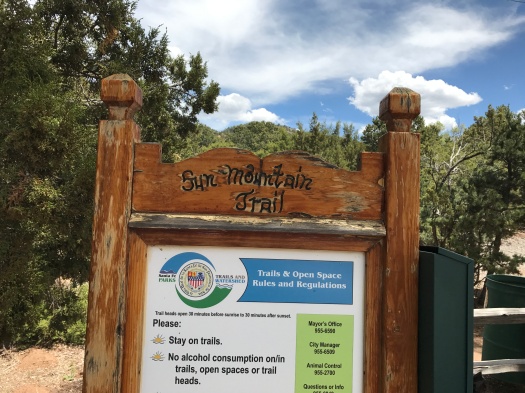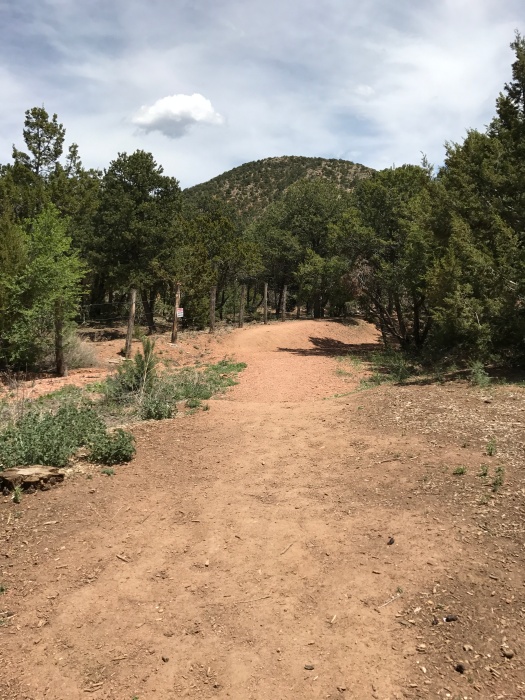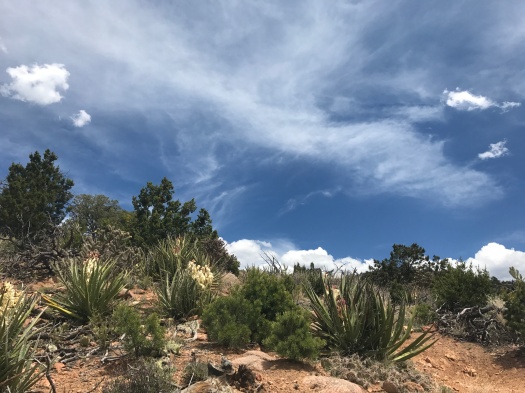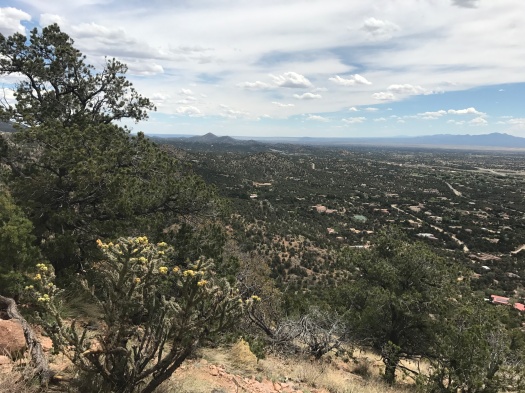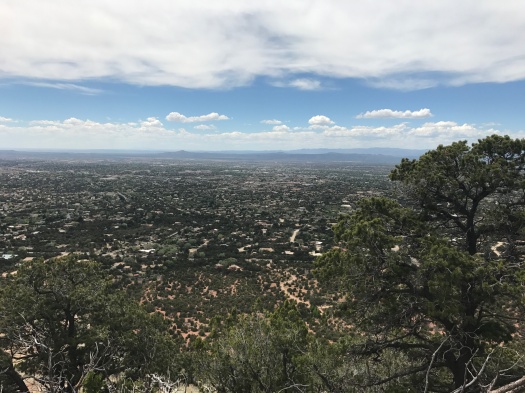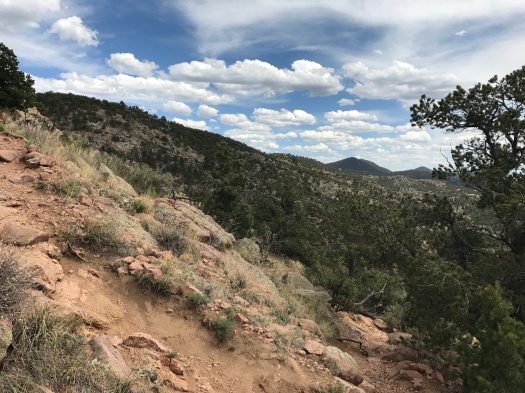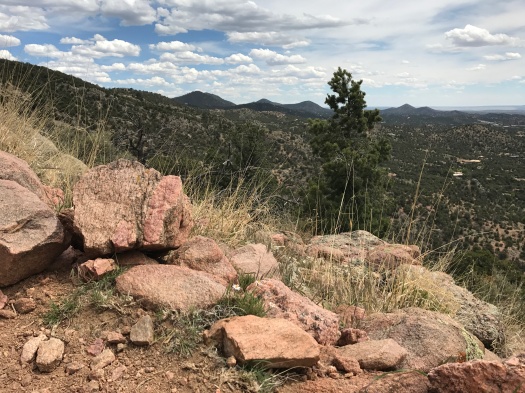I knew the day was coming when I would need to go to Chattanooga for my grandmother’s funeral.
Last week, the news came, and the waiting for the arrangements to be determined, and the frantic flurry of preparations when they were.
The night before I left, with the trip I’d been dreading almost here, the flight and hotel and rental car booked, I did a quick Web search.
My sister and I were staying a half-day longer than everyone else, flying out later to save a little money. I quickly learned that during that half-day, 150 miles of hiking trails awaited us within 15 minutes of downtown Chattanooga. I just had to pick one.
After the service, and the reception, and the meals with family, and the chess squares and pound cake, and the goodbyes, my sister and I got up early and drove through rolling hills and rural neighborhoods to Audubon Acres nature sanctuary.
Our goal: Little Owl Village, the site of a Native village hundreds of years ago. I’d chosen a two-mile roundtrip hike because it was hot, it was my sister’s first hike and we had a plane to catch. We arrived just after Audubon Acres opened for the day and had the place to ourselves for almost the entire time we were there.
The path began as packed dirt carpeted with pine needles – the softest trail I’d ever felt under my feet. Sweetgums and water oaks towered above us, vines twining around them, creating a canopy of almost complete shade.
In half a mile we came to a swinging bridge over fast-flowing South Chickamauga Creek. The thought of a swinging bridge had made me a little nervous, but it felt buoyant yet sturdy under our feet. The path tracked the creek, winding through trumpet vines and yellow and purple wildflowers I didn’t recognize. Birdcalls and the ripples of fish moving through the water occasionally broke the silence. And the constant buzzing of flies – we spent the whole hike waving our hands in front of our faces to keep them off.
We detoured to check out the Ford of Youth, the spot where those with swinging bridge phobias can ford the creek. It was twice as deep and three times as wide as any spot I’d forded on my trip to the Middle Fork of the Gila River.
As we stared across the water, imagining how challenging it would be to ford, an enormous blue bird swooped down right in front of us, wings outstretched, gliding over the water. I’m going with a great blue heron; they hang out at Audubon Acres year-round.
When we emerged from the creek path, the Little Owl Village loop in front of us glowed in full sun and the grass was ankle-high. It was 10 am, it was already sweltering and our relatives’ efforts to put the fear of God into us regarding ticks in the Chattanooga area had worked. The return trip along the shady creek beckoned.
As we drove away from Audubon Acres, a huge turkey ran across the road in front of our rental car. While he ran back and forth and we gawked, another turkey appeared.
My grandmother’s death, and this trip to Chattanooga, were certain to come, though I didn’t know when.
That being the case, I’m glad I got to see a great blue heron, and a swinging bridge, and those turkeys.
Length: 2 miles roundtrip
Difficulty: easy
Wildlife spotted: great blue heron, butterflies, moths, dragonflies, squirrels, wild turkeys
Trail traffic: almost none
